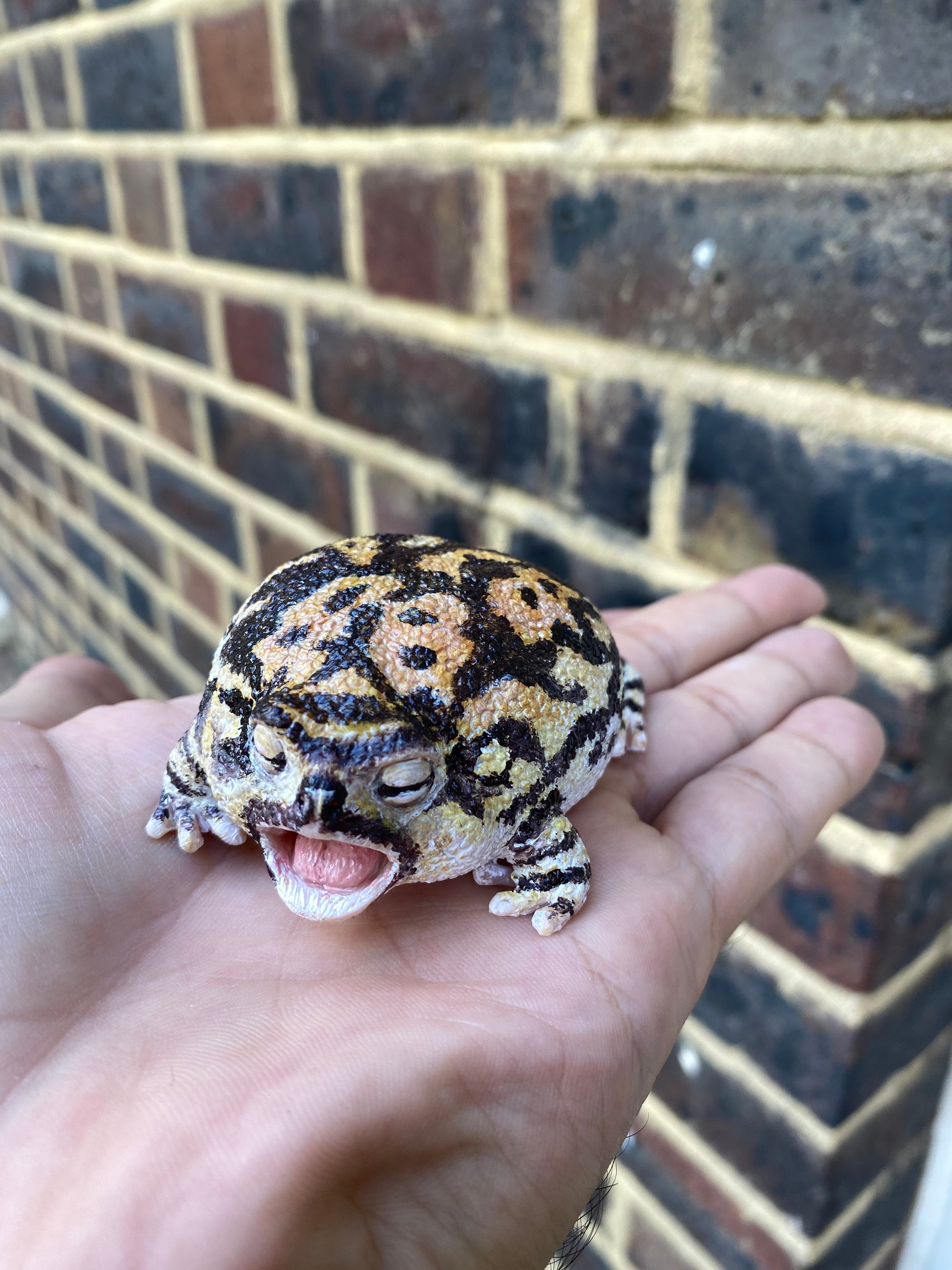Common Health Issues in Reptiles: Signs and Solutions
In the detailed globe of reptile care, understanding the common health and wellness concerns that may affect these one-of-a-kind animals is vital in guaranteeing their well-being. From respiratory infections that can calmly take hold to metabolic bone conditions that can disable, reptiles are prone to a range of disorders that require keen monitoring and timely intervention. Whether it's facing parasitic invasions, browsing dehydration problems, or attending to skin disorders that materialize in subtle ways, being in harmony with the signs and equipped with the knowledge of efficient remedies is vital for any type of reptile proprietor. By delving additionally right into the nuances of these health and wellness problems and checking out the practical solutions available, one can safeguard the health and vitality of these interesting animals.
Respiratory System Infections
Respiratory infections in reptiles can substantially influence their overall health and need prompt attention from knowledgeable vets. In reptiles, respiratory system infections can be particularly testing to detect and deal with due to their unique composition and physiology.
Treatment for respiratory infections in reptiles usually includes a mix of helpful care, such as preserving appropriate moisture degrees and temperature level slopes in the enclosure, along with targeted drug to address the specific virus in charge of the infection. It is essential for reptile proprietors to check their animals very closely for any kind of signs of respiratory distress and look for veterinary care at the earliest indication of a problem. With prompt intervention and suitable treatment, several reptiles can recuperate fully from respiratory infections and return to normal activities.

Metabolic Bone Disease
What variables add to the growth of Metabolic Bone Disease in reptiles?
Metabolic Bone Disease (MBD) in reptiles is mainly caused by an absence of correct calcium, phosphorus, and vitamin D3 degrees in their diet. Additionally, poor exposure to UVB light protects against reptiles from synthesizing vitamin D3, which is important for calcium absorption and bone health.
Various other adding factors to MBD consist of inappropriate temperature level slopes within the reptile's habitat, resulting in reduced metabolism and damaged calcium absorption. Not enough humidity levels can also affect a reptile's capacity to metabolize calcium successfully. Certain reptile types have particular dietary demands that, if not met, can increase the chance of creating MBD. Routine vet check-ups, correct husbandry techniques, and a well balanced diet plan are necessary to prevent Metabolic Bone Condition in reptiles.
Parasitic Problems
Parasitical invasions position a considerable wellness threat to reptiles, affecting their total health and calling for punctual vet interest. Reptiles can be impacted by different parasites, including mites, ticks, internal worms, and protozoa. These bloodsuckers can cause a variety of signs and symptoms, such as fat burning, sleepiness, skin irritation, diarrhea, and also fatality if left neglected.
One typical parasite located in reptiles is the mite, which can cause skin irritability, anemia, and stress and anxiety. Ticks are an additional exterior parasite that can cause and transfer conditions discomfort to the reptile. Interior bloodsuckers like worms and protozoa can lead to digestive system issues, malnutrition, and weaken the reptile's body immune system.
To identify a parasitical invasion, a veterinarian may perform fecal examinations, skin scrapings, or blood examinations. Treatment typically entails deworming drugs, antiparasitic bathrooms, or in extreme situations, hospitalization. Preventative measures such as normal veterinary examinations, proper health, and quarantine treatments for brand-new reptiles can aid decrease the risk of parasitic invasions and guarantee the well-being of reptile animals.
Dehydration and Hydration Issues
Dehydration in reptiles can significantly influence their wellness and health, demanding prompt intervention and ideal hydration management. Reptiles are prone to dehydration as a result of different variables such as insufficient water intake, high environmental temperatures, and certain wellness conditions. Signs and symptoms of dehydration in reptiles include sunken eyes, sleepiness, loss of skin flexibility, and lowered urination. Dehydration can lead to serious wellness concerns and also be fatal to the more info here reptile - rain frog for sale. if left without treatment.
To avoid dehydration, reptile proprietors need to ensure that their pet dogs have accessibility to tidy water in all times. The water meal ought to be huge enough for check here the reptile to take in if needed, particularly for types that take in water with their skin. In addition, maintaining appropriate humidity levels in the reptile's enclosure and offering routine bathrooms can assist stop dehydration.
In instances of dehydration, it is vital to look for veterinary treatment without delay. A vet might carry out fluids either orally or with shots to rehydrate the reptile. It is important to resolve the underlying source of dehydration to avoid reoccurrence and guarantee the reptile's overall health.
Skin Conditions

Conclusion

Breathing infections in reptiles can considerably influence their overall wellness and call for timely focus from seasoned veterinarians (rain frog for sale). Preventative actions such as routine vet check-ups, correct hygiene, and quarantine treatments for brand-new reptiles can assist minimize the danger of parasitic infestations and guarantee the well-being of reptile family pets
If left without treatment, dehydration can lead to serious health problems and also be fatal to the reptile.
Regularly checking your reptile for any type of changes in skin shade, appearance, or texture can aid in very early discovery and therapy of skin disorders, promoting the general wellness and well-being of your flaky companion. - rain frog for sale
In final thought, reptiles are susceptible to different health problems such as breathing infections, metabolic bone condition, parasitic invasions, dehydration, and skin ailments.